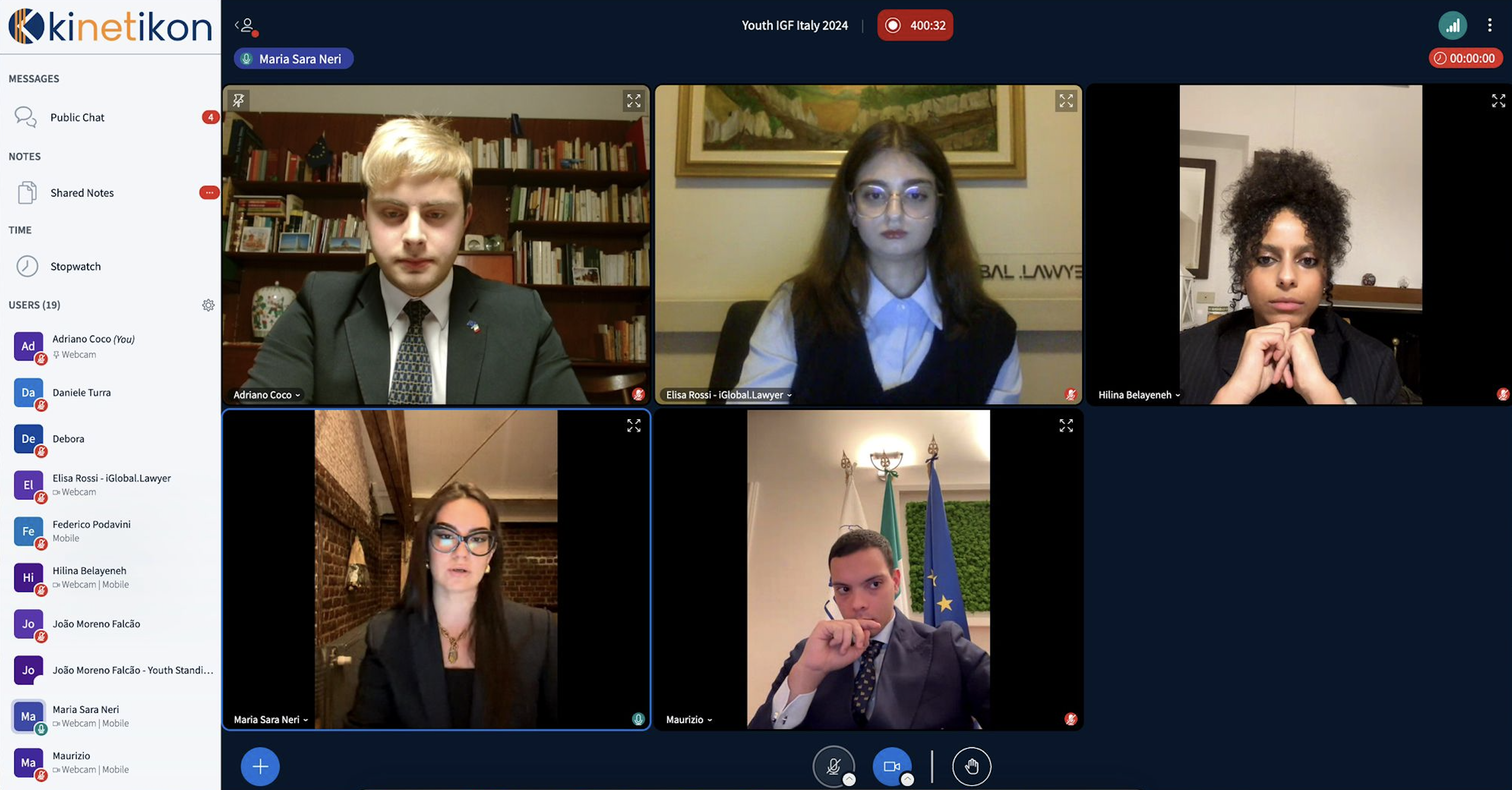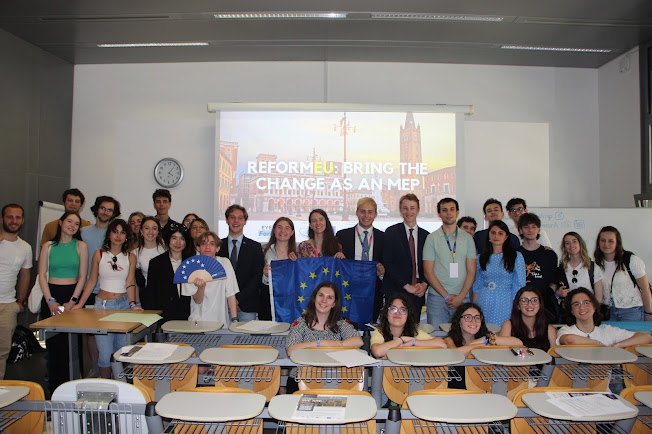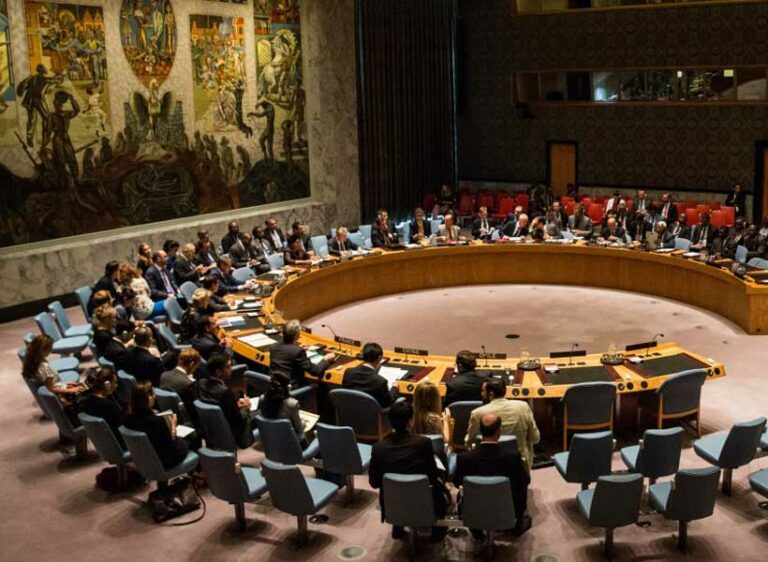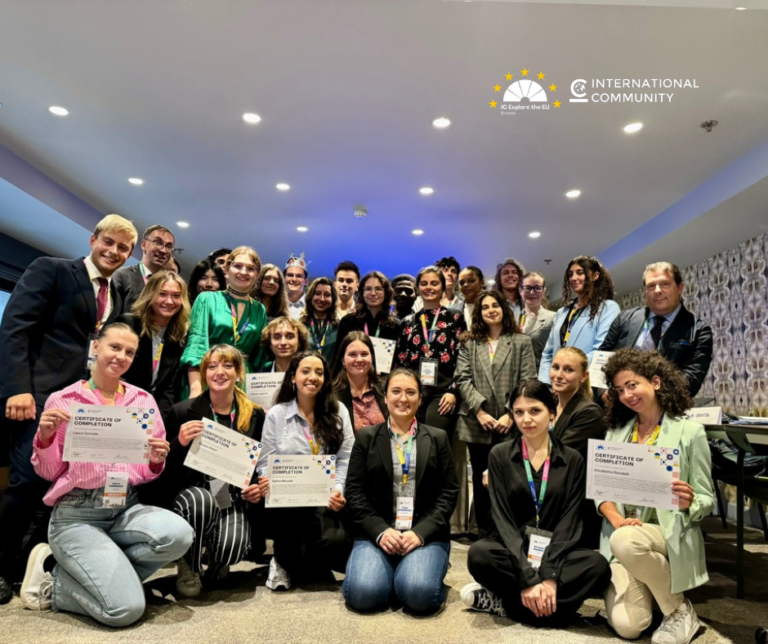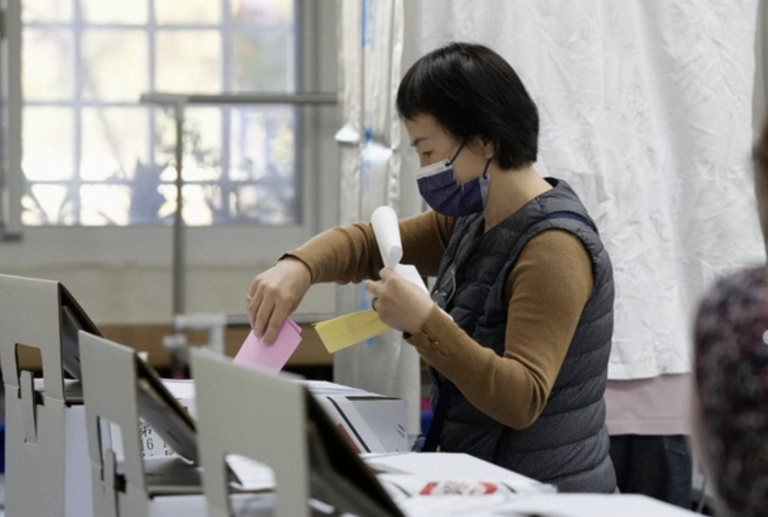Ethics in the era of AI, a panel to discuss the challenges within the Internet Governance Forum
An international panel will discuss AI’s implications and challenges and how international institutions like the United Nations and the European Union should face the new technology.
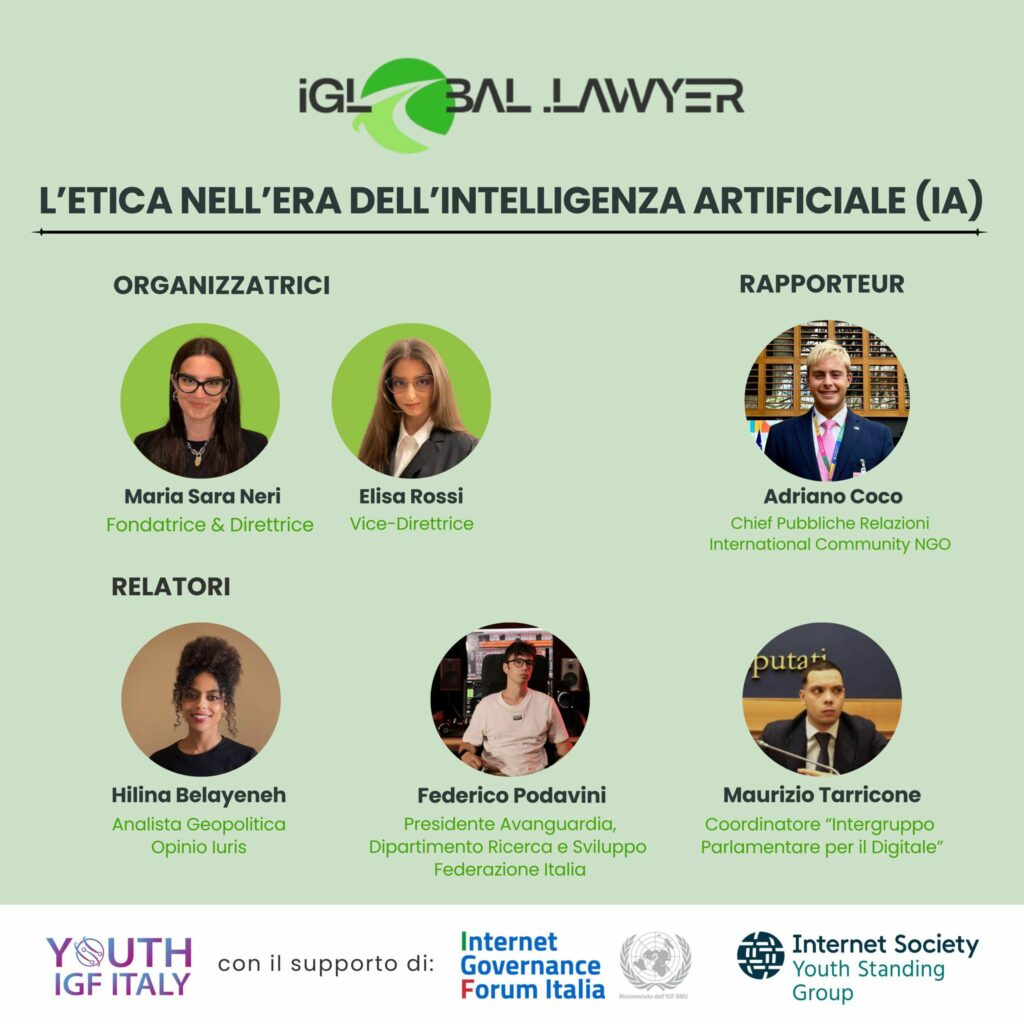
Youth IGF Italy, 30/11/2024 – In an always-evolving international and technological environment represented by the introduction and development of artificial intelligence, the panel organised within the framework of the Youth IGF Italy, which was held online, was conceived to provide a forum where the speakers with very a wide and specialized background presented some of the most significant challenges for democracies.
Starting with a brief introduction to the main topic of ethics and the role of AI in shaping human rights and international law curated by Maria Sara Neri, President of the iGlobal.Lawyer organisation, significant contributions were brought by Hilina Belayeneh (geopolitical analyst), Federico Podavini (President of Avanguardia, Dipartimento Ricerca e Sviluppo Federazione Italia), and Maurizio Tarricone (Coordinator of the Parliamentary Intergroup for the Digital – Italia). It is however at the end of the discussion that it has been possible to connect all the ideas and finalise the proposals and analyses made throughout the panel, which were enhanced with personal opinions by our member Adriano Coco, Chief of Public Relations at the International Community NGO and new graduate in Diplomatic and International Sciences, having the role of rapporteur for this one-hour panel.
Artificial Intelligence, as we know it today, is changing, due to the constant research and development made by different state and non-state actors such as companies, thus it is and will represent an increasing challenge to regulate to preserve the democracies, stability, and keep its role of being resourceful. It is also noteworthy to underline the current geopolitical situation characterized by major powers’ competition, notably the US-China relations, the growth of revisionist states like the Russian Federation and its illegal war of aggression in Europe, as well as other disputes. The US-Western supremacy now at stake may also be linked to the use of AI by all the actors involved. Nevertheless, it is the role played by secondary powers which will shift the balance from one power to an eventual other. Countries like North Korea, or Israel will indeed help the US or China to lead the competition and reaffirm their will, thus representing an immense geopolitical and strategical tool that could eventually destabilize our democratic processes as well as our way of getting informed. Especially in 2024, the “year of democracy”, considering the EU Elections in June, and the US Elections in November, AI has played a concrete role. Why? Because there have been so many actors involved and interests at stake, it could have potentially influenced the legitimate electoral process through the use of re-elaborated fake news using AI alongside other technological tools.
Digital literacy will perhaps be an effective tool to counterbalance strategic actions taken by authoritarian or revisionist powers which are not only seeking to reaffirm the national status quo like in the PRC, but also to destabilize major Western and democratic countries, where at the moment, only the European Union has regulated for the first time in the world the use of AI platforms. Therefore, regulation is not enough and potentially too slow, whereas education is also needed to foster awareness. An example could be also the first step taken by the United Nations through their Digital Compact. While it is a remarkable first step, technology has been advancing at different and higher speeds.
On the technical side of the analysis shifting from geopolitics and international relations, it is crucial to highlight the need for a more comprehensive global regulation of AI to avoid a non-ethical and biased tool. We are in effect still on time to act.
How? Enforcing effective data tracking used by AI platforms fosters transparency. By enhancing traceability through blockchain technology, the end-user could have an easier task when fact-checking and reduce the possibility of having biased information on which the AI works.
Consequently, bearing in mind one of the main goals that are providing a fairer world by implementing and preserving human rights, it is pivotal for both regulators and companies to reduce as much as possible the information bias, since disparities and inequality are intrinsically contained in the majority of data at disposals of AI algorithms.
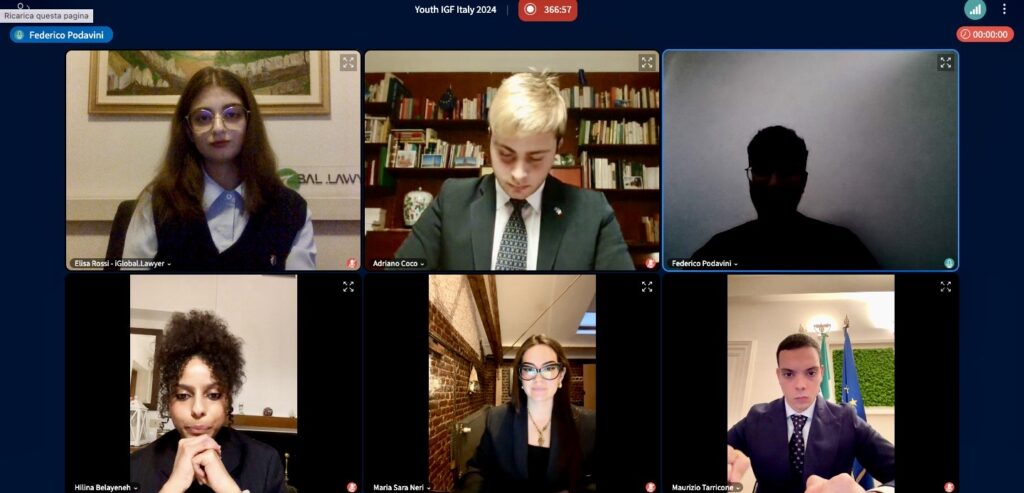
Standardized protocols have been labelled by experts as a necessary means to achieve more equality and transparency. Besides, the Italian example of the bill no. 1146 under parliamentary analysis positing government rights to act if necessary and establishing the core ethical principles represents an extraordinary involvement of the Italian government at the vanguard of AI regulation as well as fundamental citizens’ rights protection.
In conclusion, the one-hour cross-institutional panel on artificial intelligence has represented a valuable platform to address the multifaceted challenges posed by artificial intelligence and its impact on global governance, democracy, and human rights. The discussions underscored the urgency for international institutions, governments, and private entities to collaborate in shaping ethical and inclusive AI frameworks that prioritize transparency, fairness, and accountability. As the panel highlighted, a combination of regulation, education, and technological innovation is essential to mitigate the risks of AI misuse and ensure its development aligns with democratic principles and human rights. Finally, the young experts and scholars emphasized that while progress has been made, the fast pace of AI advancements necessitates more proactive and unified global action to secure a future where technology serves humanity rather than undermines it.
Author: Adriano Coco

